AP ECET 2025 Syllabus is published by Jawaharlal Nehru Technological University Anantapur (JNTU Anantapur). If you are preparing for Andhra Pradesh Engineering Common Entrance Test, then you can download the AP ECET Syllabus PDF to prepare for exam. The syllabus of AP ECET exam indicates subjects and topics to study for the entrance exam. Therefore if you complete this exam syllabus and other aspects of AP ECET preparation, then you can aim to get good score and rank in AP ECET 2025.
 Latest – AP ECET 2025 Syllabus has been released. Scroll down to download the syllabus PDF.
Latest – AP ECET 2025 Syllabus has been released. Scroll down to download the syllabus PDF.
AP ECET 2025 Syllabus
What is AP ECET Syllabus 2025?
The AP ECET 2025 syllabus is the list of important topics, and chapters from which questions will be asked in Andhra Pradesh Engineering Common Entrance Test. The syllabus for AP ECET is as follows.
AP ECET 2025 Syllabus PDF Download Link – You can download the 2025 syllabus as per its issuance by JNTU Anantapur at cets.apsche.ap.gov.in or here.
Diploma Holders in Engineering
- AP ECET 2025 Syllabus for Agricultural Engineering
- AP ECET 2025 Syllabus for Bio-technology
- AP ECET 2025 Syllabus for Ceramic Technology
- AP ECET 2025 Syllabus for Chemical Engineering
- AP ECET 2025 Syllabus for Civil Engineering
- AP ECET 2025 Syllabus for Computer Science And Engineering
- AP ECET 2025 Syllabus for Electrical And Electronics Engineering
- AP ECET 2025 Syllabus for Electronics And Communication Engineering
- AP ECET 2025 Syllabus for Electronics And Instrumentation Engineering
- AP ECET 2025 Syllabus for Mechanical Engineering
- AP ECET 2025 Syllabus for Metallurgical Engineering
- AP ECET 2025 Syllabus for Mining Engineering
- AP ECET 2025 Syllabus for Chemistry
- AP ECET 2025 Syllabus for Mathematics
- AP ECET 2025 Syllabus for Physics
Diploma Holders in PHARMACY
- AP ECET 2025 Syllabus for Section I Pharmaceutics
- AP ECET 2025 Syllabus for Section II Pharmaceutical Chemistry
- AP ECET 2025 Syllabus for Section III Pharmacognosy
- AP ECET 2025 Syllabus for Section IV Pharmacology
B.Sc.(Mathematics) Graduates
- AP ECET 2025 Syllabus for Analytical Ability
- AP ECET 2025 Syllabus for Communicative English
- AP ECET 2025 Syllabus for Mathematics
AP ECET 2025 Syllabus PDF
The complete curriculum is as follows. Whether you go for AP ECET coaching or study on your own, it is important to complete the syllabus for Andhra Pradesh Engineering Common Entrance Test. So you can download the AP ECET syllabus PDF and refer it anytime during your course of preparation.
AP ECET 2025
The AP ECET is a State level Engineering entrance exam. It is organized by Jawaharlal Nehru Technological University Anantapur for admission to Lateral admission into 2nd year regular BE, B.Tech, B.Pharm Courses in University Engineering Colleges, University Pharmacy Colleges. You can know all about the exam here on aglasem.com.
How to download AP ECET Syllabus?
You can download the syllabus of AP ECET 2025 from here on aglasem.com easily with following steps.
- Search AP ECET 2025 syllabus aglasem and land on this page.
- Then click the link for syllabus for AP ECET exam to open the document.
- After that click download PDF link for syllabus of Andhra Pradesh Engineering Common Entrance Test .
While you must study all topics given in syllabus of this Engineering entrance exam. Also solve AP ECET previous year question papers to see what types of questions to expect in exam conducted by JNTU Anantapur, and chapter wise weightage. Moreover study all topics of AP ECET syllabus from AP ECET 2025 Preparation Books.
AP ECET Syllabus – An Overview
The key highlights of this preparation resource are as follows.
| Aspects | Details |
|---|---|
| Name of Exam | AP ECET |
| Full Form | Andhra Pradesh Engineering Common Entrance Test |
| Study material Here | Syllabus of AP ECET |
| Complete Details of This Exam | AP ECET 2025 |
| Similar Exams | Engineering Entrance Exams |
| Official Body for Exam and Its Syllabus | JNTU Anantapur |
| Full Name of Body | Jawaharlal Nehru Technological University Anantapur |
| Level of Examination | State Level |
| States of Region Where Institutes Accepting Exam Scores Are | Andhra Pradesh |
| Exam and Syllabus Official Website | cets.apsche.ap.gov.in |
| Courses Where Admission Is Through This Exam | Lateral admission into 2nd year regular BE, B.Tech, B.Pharm Courses |
| Colleges Where Admission Is Through This Exam | University Engineering Colleges, University Pharmacy Colleges |
If you have any queries on AP ECET 2025 Syllabus, then please ask in comments below.
To get exam alerts and news, join our Whatsapp Channel.
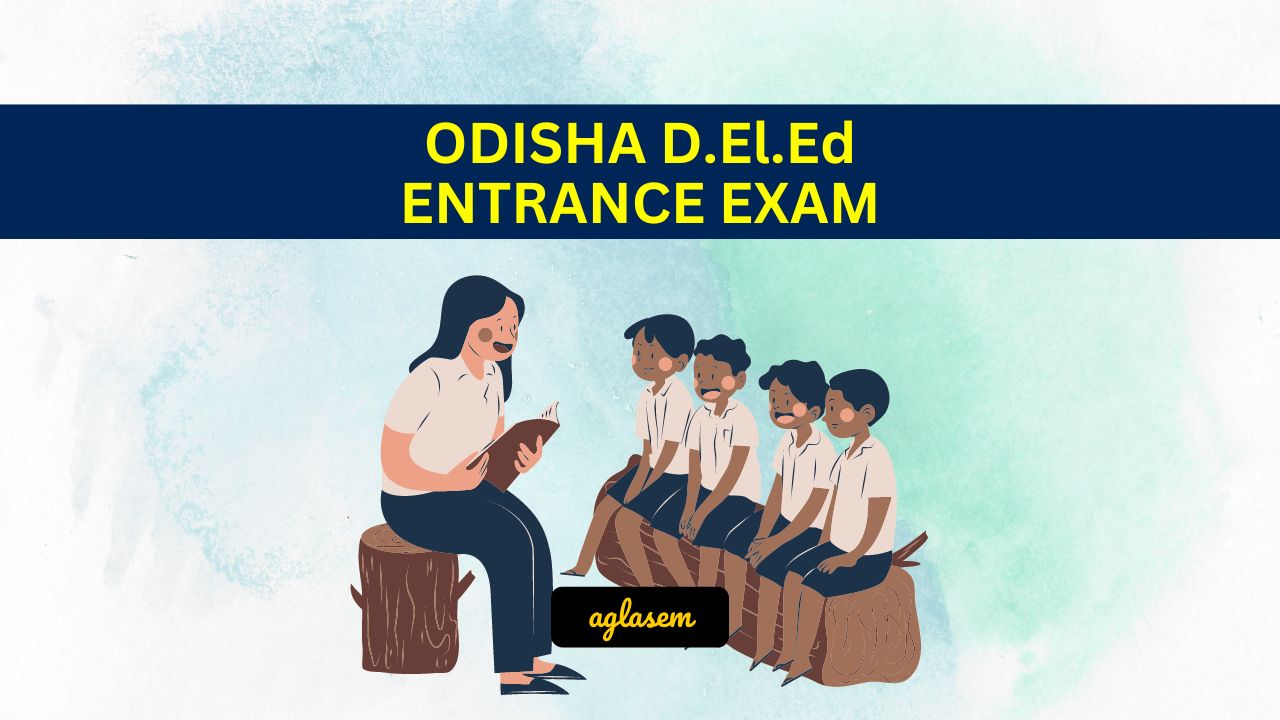
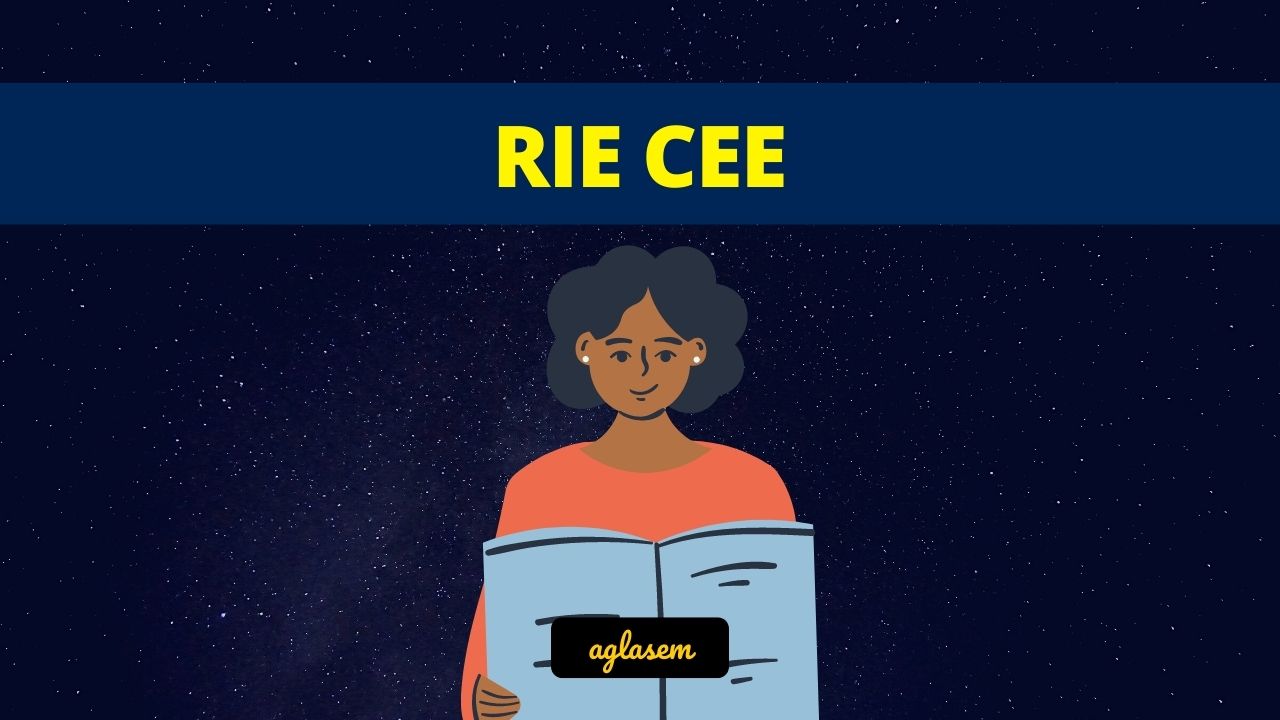
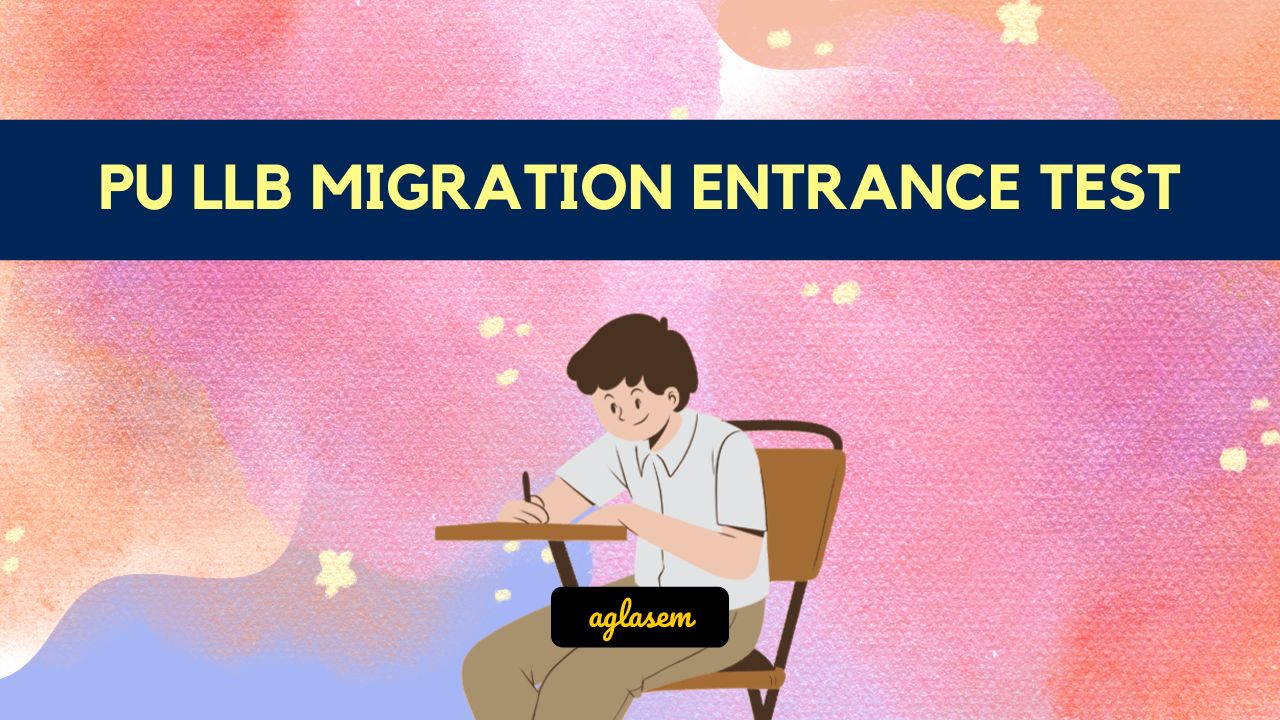
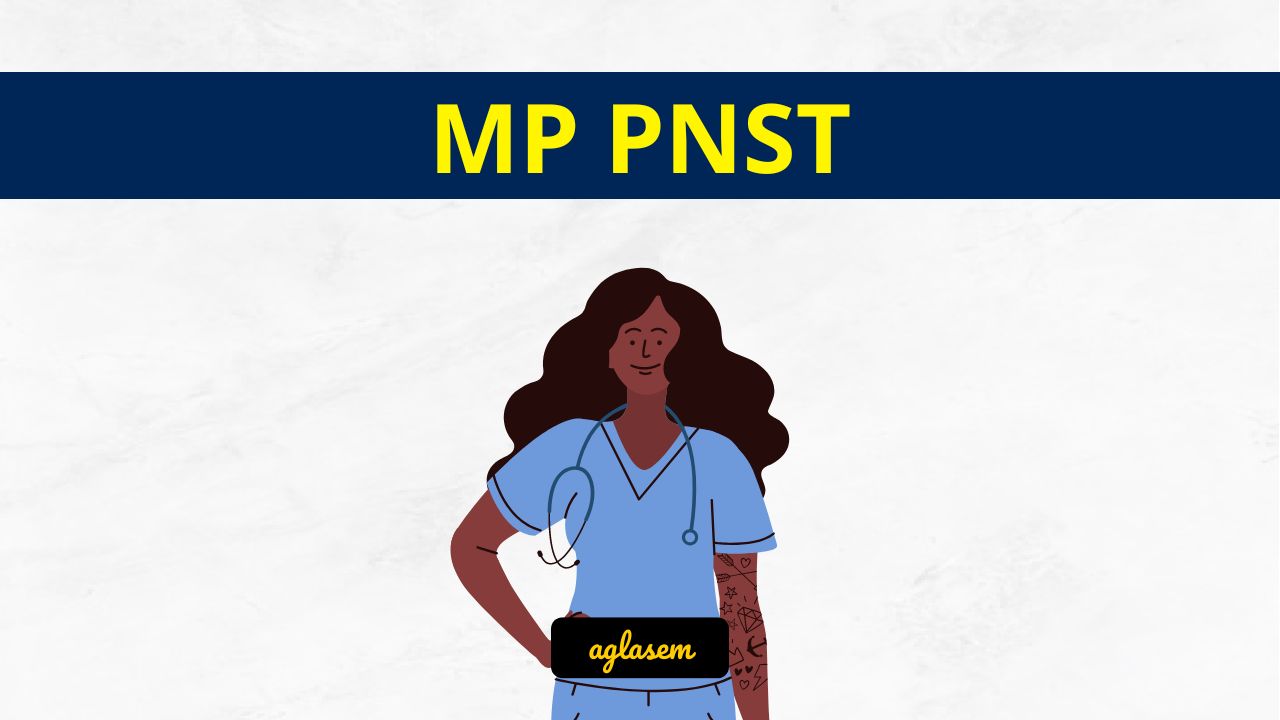
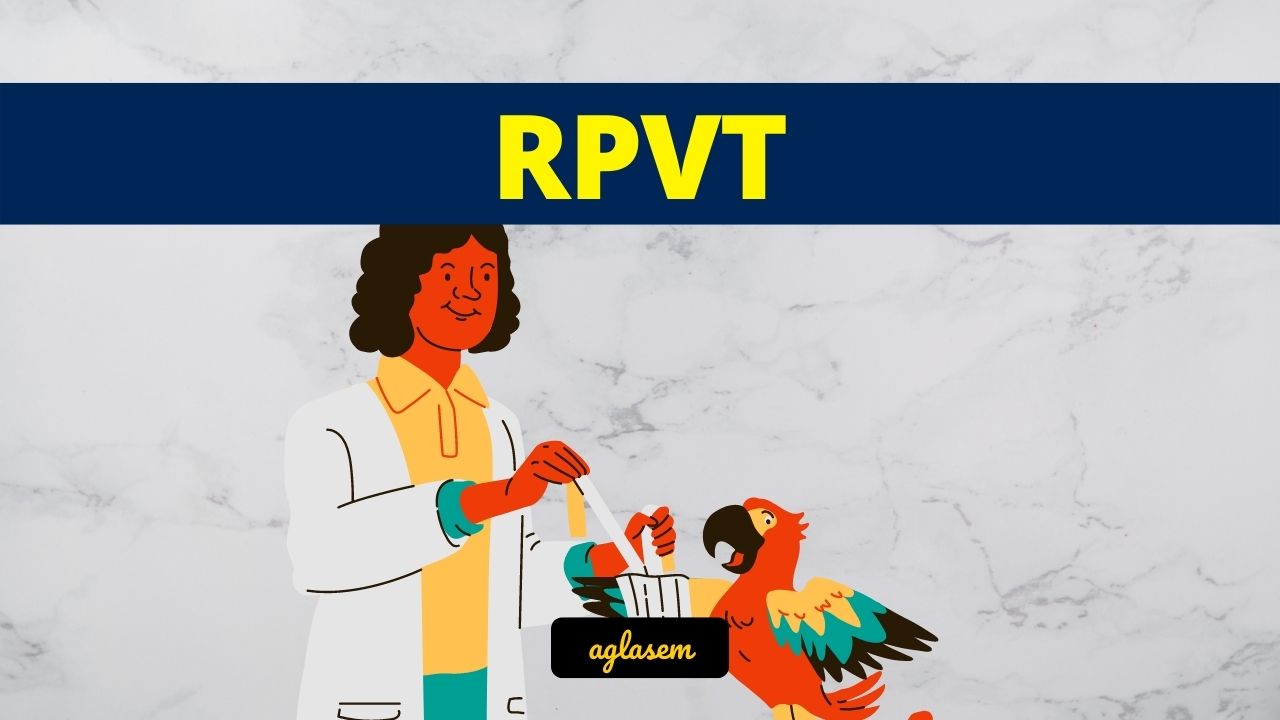

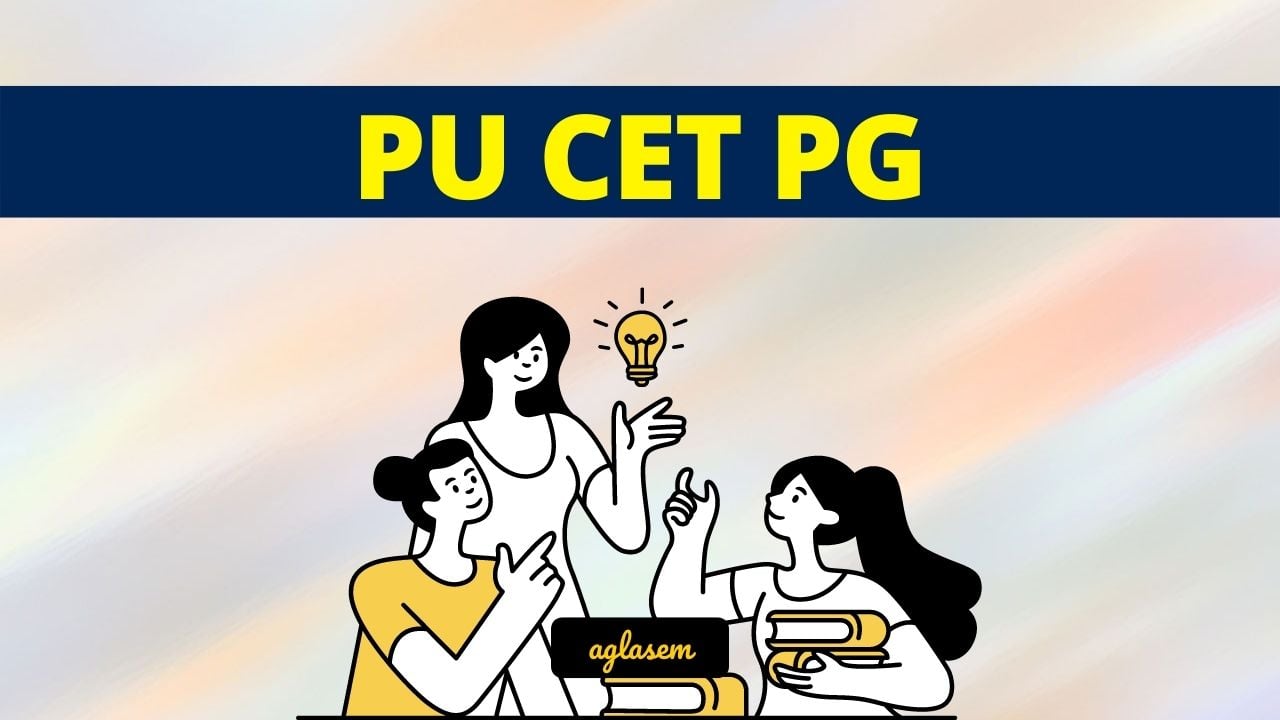
I want aiml syllabus in ecet exam